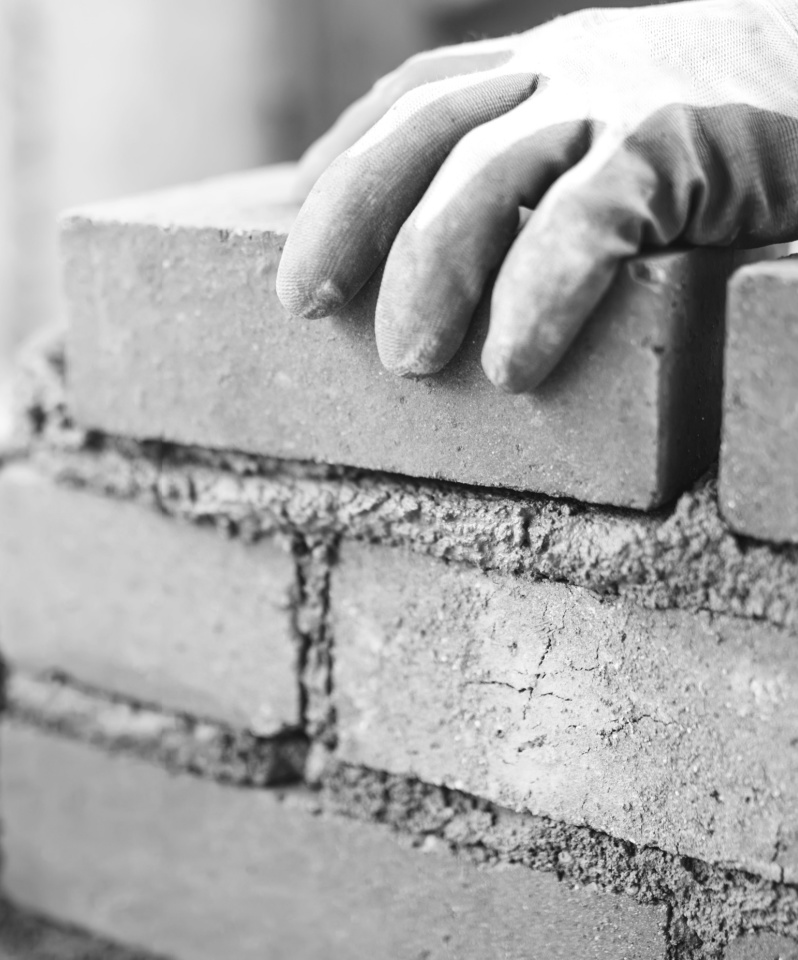I just purchased a house in Glenhazel and am renovating prior to moving in. May the builders work on Shabbos?
There is a prohibition on Shabbos of amira l’akum. This means one may not ask a non-Jew to do melocho (work) for a Jew on Shabbos. There are several reasons brought down by the commentators as to why this is the case. One reason is that Shabbos should not be easy or light in a Jew’s eyes and if one instructs a non-Jew to do melocho, this may result in the Jew doing melocho himself. Another reason is that the non-Jew is a shaliach, a proxy, for the Jew, i.e. it is considered as if the Jew is doing melocho himself on Shabbos.
There are two ways a worker can be hired, a s’chir yom or a kablan. A s’chir yom is employed per day, or per hour. Since the worker is remunerated directly for working on shabbos, this is forbidden under the category of amira l’akum.
The second instance is when someone is contracted to complete a task. The contractor is known as a kablan. In this instance the kablan can complete the job in his own time and he is not told to specifically perform the job on Shabbos. A kablan is therefore permitted to work on Shabbos because we assume that he is doing the work al da’ata de’nafshei. That is, he is choosing to work on Shabbos for his own convenience but not under specific instruction of his employer.
For the leniency of al da’ata de’nafshei to apply, two conditions must be met: it must not be specified that the work should be done on Shabbos, and the item must not be clearly Jewish owned 1
Therefore, giving a suit to a tailor or dry cleaner would be allowed as long as it was not specified that the work should be done on Shabbos since the work is done on the property of the proprietor. However, fixing a car in public in a Jewish neighborhood would not be allowed, since in general, people are familiar with who the car belongs to2
.
Similarly, having a maid do the ironing or a gardener come on Shabbos would be forbidden since work performed in a Jewish house is clearly Jewish owned. It would seem that having builders would be fine since they are contracted and the Jew isn’t yet living in the house.
There is another prohibition on Shabbos known as maris ayin. This means one may not do a permissible action which may cause the onlooker to suspect him of violating a prohibition. For example, one may not hang clothes on a washing line on Shabbos, since an onlooker may think the clothes were washed on Shabbos.
When it comes to building a home, one is prohibited to use a contractor since people will suspect that the laborer is really a schir yom which is forbidden. The question arises if this gzeira applies even in a place where the norm is to use only contractors3
However, this discussion doesn’t apply in South Africa since even though the Jew is hiring a kablan, the work is being done by workers paid by the day, and the maris ayin concern still applies 4
The question is, what constitutes a person’s home. Is it physical occupation or legal ownership?
Rav Chaim Oizer in his sefer Achiezer 5 discusses someone who purchased a home but is waiting for government approval. He says that since the purchaser is awaiting approval, there is no semichus da’as and the sale is not a sale. However, absent that concern, anything that is registered in a person’s name is considered his house even though he is not physically living in it. Another issue is ha’shmoas kol, making a significant noise on Shabbos. This is prohibited midrabonon since it is a zilzul shabbos, not in the honour of Shabbos. The Remo6 cites as an example the use of a mill on Shabbos being a problem of uvdin d’chol – a ‘weekday’ activity. This would be another reason not to allow workers in your home on Shabbos, since the building inevitably creates a situation of hashmos kol which would be a demeaning to the honour of Shabbos.
In conclusion
To hire a worker on Shabbos as a day laborer is prohibited because of the prohibition of amira l’akum. A contractor is prohibited to do work for a Jew in his house or in public in a Jewish neighborhood because of maris ayin. Once the house is legally owned by the Jewish purchaser it is considered his home even prior to moving in, and one may therefore not have any melocho done on Shabbos.
Notes
1. Shulchan Aruch OC 252:1
2. Shulchan Aruch OC 244:4
3. Noda Biyehuda OC 1:12, Igros Moshe OC 3:35; Biur Halacha 244 s.v. o liktzor
4. Shulchan Aruch Harav 244:8;.
5. 3:71
6. OC 252:5


